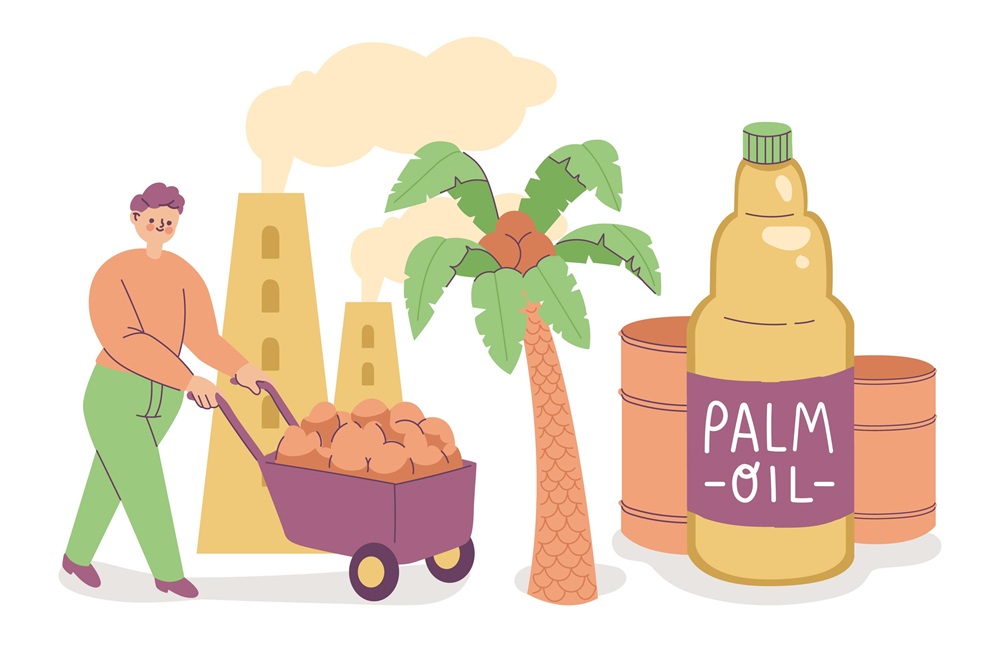In the intricate tapestry of global economics, commodity markets play a pivotal role, serving as the backbone for trade and economic stability. Among the diverse range of commodities, crude palm oil emerges as a significant player due to its extensive use and impact on global markets. This article aims to provide a deep dive into the world of commodity markets with a specific focus on crude palm oil, exploring its nuances, market trends, and what the future holds.
The Essence of Commodity Markets
At the heart of the global trading system lie commodity markets. These markets are arenas where raw materials such as metals, energy sources, and agricultural products, including crude palm oil, are exchanged. Far from being mere platforms for transaction, these markets influence everything from national economies to global trade policies. They reflect the health of global economics, with price fluctuations often signaling broader economic shifts. Understanding these markets is vital for comprehending global trade dynamics and economic trends.
Crude Palm Oil: A Market Overview
In the realm of agricultural commodities, crude palm oil holds a place of prominence. Extracted from the fruit of oil palm trees, this versatile oil has a myriad of applications, ranging from being a primary ingredient in food products to its use in biofuels and cosmetics. The demand for palm oil is a global phenomenon, marking its significance in international markets. This is particularly true for countries like Indonesia and Malaysia, where palm oil production is not just an economic activity but a vital part of the national economy.
The Evolution of Commodity Trading
The way commodities are traded has evolved dramatically over the years. The shift from traditional face-to-face trading methods to advanced electronic trading platforms reflects broader changes in the world of finance and technology. These platforms have introduced a level of efficiency, transparency, and accessibility previously unseen in commodity trading. This evolution is a testament to the adaptability and forward-thinking nature of the financial world, keeping pace with technological advancements.
Futures and Their Role in Commodity Markets
Futures contracts are integral to the functioning of commodity markets. These financial instruments allow for the buying and selling of a commodity at a predetermined price at a future date, which is crucial for commodities like crude palm oil. They serve as a hedge against market volatility, providing stability and predictability in markets that are often subject to rapid price changes. Understanding futures is key to grasping the mechanisms that underpin commodity trading.
Understanding Market Dynamics of Crude Palm Oil
The market for crude palm oil is subject to a variety of influencing factors. These range from environmental conditions that affect crop yields to geopolitical events and international trade agreements. Price sensitivity is a notable feature of the palm oil market, with supply-demand dynamics playing a significant role. Keeping abreast of these factors is essential for anyone involved in the palm oil trade, whether as a producer, trader, or investor.
The Impact of Technological Advancements
The advent of technology has brought about significant changes in commodity trading. The introduction of automated trading systems, artificial intelligence, and data analytics has revolutionized market analysis and decision-making processes. These technologies have made market predictions more accurate and trading more efficient, though they also bring challenges such as the need for increased security measures and ethical considerations.
Sustainable Practices in the Palm Oil Industry
Sustainability is increasingly becoming a focus in the palm oil industry, driven by concerns over environmental impact and social responsibility. Efforts are being made to promote sustainable cultivation, minimize deforestation, and ensure ethical labor practices. This shift is not only a moral imperative but also aligns with the business interests of producers and traders, as consumers and investors are increasingly drawn to companies with responsible practices.
Investment Strategies in Commodity Markets
Investing in commodities like crude palm oil requires an understanding of market specifics and broader economic trends. Investors often employ strategies such as diversification, spreading their investments across various commodities or asset classes to mitigate risk. Another approach is to focus on long-term trends, such as the growing global demand for biofuels, which can affect palm oil prices.
The Economic Impact of Palm Oil Trade
Crude palm oil is a major economic driver in producing countries. Its trade significantly impacts national GDPs, employment, and even influences international relationships. The economic significance of palm oil extends beyond the producing countries, affecting global commodity markets and trade dynamics.
Looking Ahead: The Future of Commodity Markets and Palm Oil
The future of commodity markets, including the segment for crude palm oil, is poised for continued evolution. Factors such as technological advancements, changing global trade policies, and environmental considerations are likely to shape the trajectory of these markets. For crude palm oil, the challenge lies in balancing growing global demand with sustainable production practices.
In conclusion, understanding the complexities of commodity markets, especially the segment concerning crude palm oil, is crucial for those engaged in global trade. The insights provided in this article aim to shed light on the multifaceted nature of these markets, offering a comprehensive overview for traders, investors, and policymakers alike. As the world moves forward, staying informed and adaptable will be key to successfully navigating the dynamic landscape of commodity trading.
Source: https://dailygram.com/blog/1267018/from-basics-to-futures-demystifying-commodity-markets-and-crude-palm-oil-tr/



